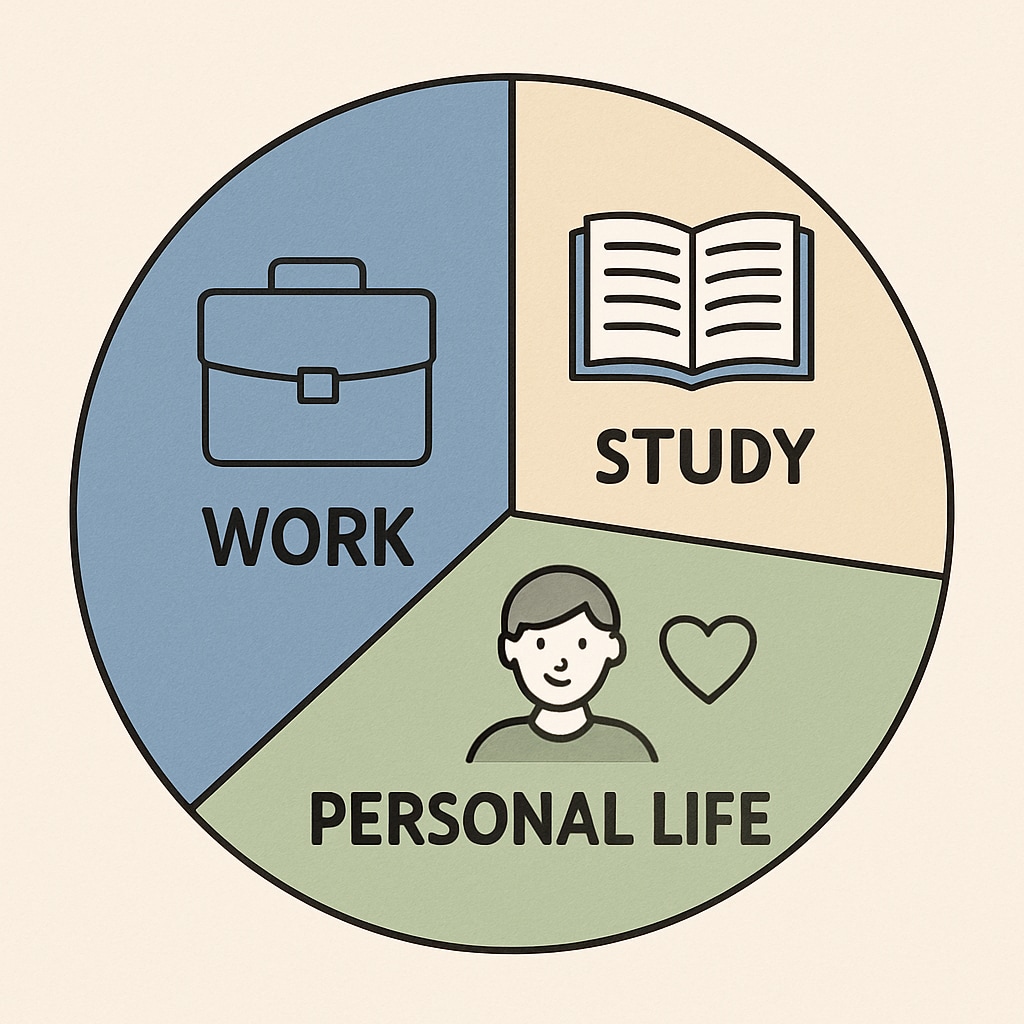For professionals in their 30s and beyond, the decision to pursue a new degree or certificate while advancing their career can be daunting. Balancing degrees, career growth, and continuing education requires careful planning, resource allocation, and an understanding of long-term goals. This article explores the challenges and strategies for navigating this critical decision, ensuring that education investments align with your professional and personal aspirations.
Why Continuing Education Matters in a Competitive Workplace
In today’s fast-evolving job market, skills and knowledge quickly become outdated. As a result, continuing education is no longer optional but a necessity for staying relevant. Obtaining a new degree or certification can lead to promotions, salary increases, or even a shift into a more desirable career field. According to a study on professional education, individuals with higher levels of education tend to have better job security and earning potential.
However, the benefits of continuing education must be weighed against its challenges. For example, professionals often struggle to find the time and energy to balance their current responsibilities with academic pursuits. This is especially true for those juggling full-time jobs, family commitments, and social obligations. Therefore, understanding your motivations and long-term career goals is essential before taking the leap.

Key Challenges in Balancing Work and Education
The pursuit of continuing education while maintaining a career is not without its hurdles. Here are some of the most common challenges faced by professionals:
- Time Management: Juggling work deadlines, academic schedules, and personal life is often overwhelming.
- Financial Constraints: Higher education or professional certifications can be costly, particularly when combined with other financial obligations.
- Burnout Risk: The added stress of studying while working can lead to mental and physical exhaustion.
- Opportunity Cost: Time spent on education could impact current job performance or reduce opportunities for networking and skill-building at work.
Understanding these challenges and planning ahead can significantly reduce their impact. For example, some professionals opt for part-time or online programs, which offer greater flexibility. Others negotiate with their employers for tuition reimbursement or reduced workloads during critical academic periods.

Strategies for Successfully Balancing Education and Career
To navigate the complexities of pursuing a degree or certificate while working, consider the following strategies:
- Set Clear Goals: Identify why you want to pursue continuing education. Are you aiming for a promotion, a career change, or a salary increase? Knowing your objectives ensures you choose the right program.
- Choose Flexible Programs: Look for institutions offering online or part-time courses that fit your schedule. Many universities now cater to working professionals through evening classes or asynchronous learning options.
- Leverage Employer Support: Speak with your employer about tuition reimbursement, study leave, or flexible hours. Many organizations are willing to invest in their employees’ education if it benefits the company.
- Prioritize Time Management: Use tools like planners or digital calendars to allocate dedicated time for work, study, and rest. Avoid overcommitting by setting realistic deadlines for academic and professional tasks.
- Build a Support System: Share your goals with family, friends, and colleagues to gain their understanding and support. Networking with peers in similar situations can also provide motivation and practical advice.
Is Continuing Education Always the Right Choice?
While furthering your education can bring significant benefits, it’s not always the best option for every professional. For some, gaining hands-on experience or building a strong professional network may be a more effective way to achieve career growth. Others may find that short-term certification courses or skill-building workshops are better suited to their goals than a traditional degree program.
Before committing to a program, consider the following questions:
- Will this degree or certification directly benefit my career path?
- Can I realistically manage the time, energy, and financial investment required?
- Are there alternative methods for achieving my career goals?
Answering these questions honestly can help you determine whether continuing education aligns with your current priorities and long-term aspirations.
Readability guidance: Use short paragraphs and lists to summarize key points; incorporate examples to make the content relatable. Limit passive voice and long sentences while ensuring smooth transitions between sections.


